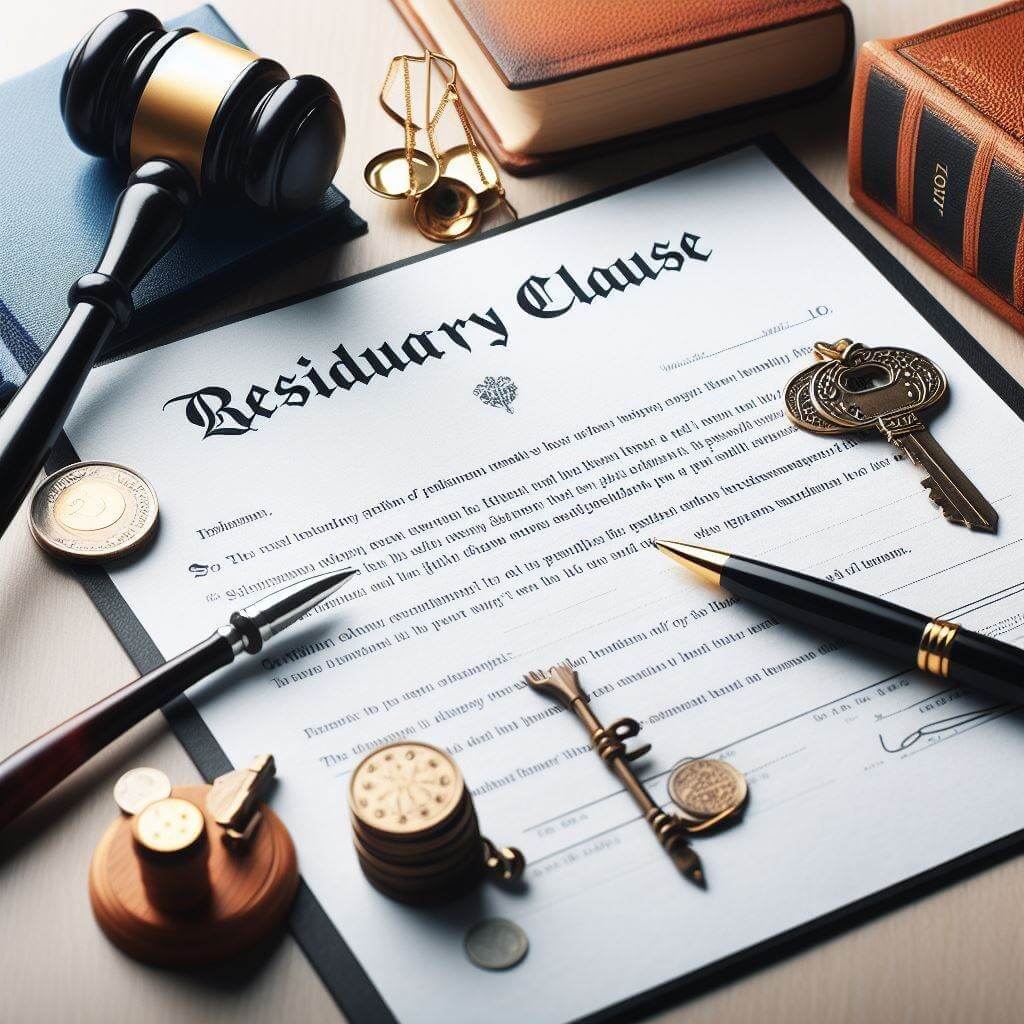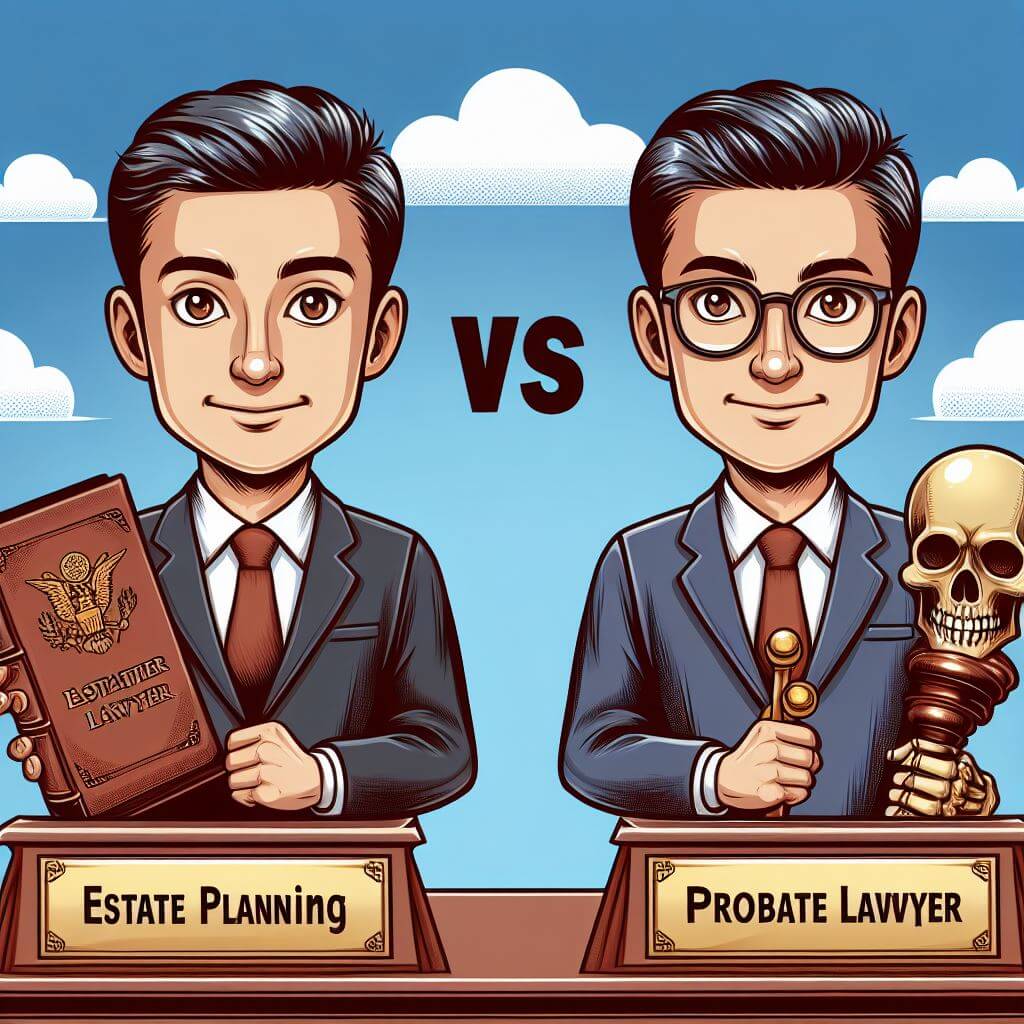Family members with special needs may require assistance throughout their lives. If you want to ensure that a loved one with a disability is taken care of after you are gone, you can help manage resources for them by using a third-party special needs trust (SNT).
Also known as a supplemental needs trust, a third-party SNT is funded with assets (money and property) that do not belong to the special needs beneficiary but are meant to be used for their benefit. Third-party SNTs allow the beneficiary to receive some benefit from the trust while preserving the beneficiary’s eligibility for means-tested public assistance programs such as Medicaid and Supplemental Security Income (SSI). When the beneficiary passes away, whatever funds remain in the third-party SNT can pass to other family members.
Choosing the right trustee to manage a third-party SNT is a crucial decision. The person selected for this role must understand their responsibilities and fulfill them in a way that does not jeopardize the beneficiary’s government benefits.
SNTs and Third-Party SNTs Explained
There are two main types of SNTs: first-party SNTs and third-party SNTs. Both are intended to ensure that a person with a disability or functional needs can receive financial support from the trust while preserving their government benefits. What differentiates these two types of trusts is the source of trust funding and the government’s entitlement to a portion of the trust’s funds.
- First-party SNTs are funded with first-party money (i.e., the beneficiary’s own assets). Typically, this type of SNT is set up by a person with special needs if they receive a windfall (e.g., a personal injury or medical malpractice settlement) or if they become disabled at a time when they have significant assets but need to qualify for means-based benefits.
- Third-party SNTs are established by a parent, grandparent, sibling, or other person and funded with their assets rather than the assets of the beneficiary—including money, life insurance policies, real estate, and investments—to benefit a family member with special needs. A third-party SNT can be created in two ways:
- A standalone third-party SNT is created during the lifetime of the trustmaker, is effective immediately upon creation, and remains effective after the death of the trustmaker. It is eligible to receive assets from multiple sources during and after the trustmaker’s lifetime.
- A testamentary third-party SNT is created as part of a person’s last will and testament and does not come into existence until the person who created the will passes away. At the time of death, designated estate assets are transferred to the trust and the individual with special needs becomes the beneficiary of the trust.
SNTs and Government Benefit Reimbursement
Whichever type of SNT is created, whether first-party or third-party, standalone or testamentary, the assets in the trust are legally owned by the trust—not the beneficiary. As a result, the special needs beneficiary is not disqualified from SSI or Medicaid, which have income and resource limits for enrollees.
There is an important difference, however, between first-party and third-party SNTs in terms of government benefit reimbursement:
- In a first-party SNT, when the beneficiary dies, the state Medicaid agency is entitled to reimbursement for the full amount paid on behalf of the beneficiary during their lifetime. This could mean fully exhausting the remaining trust funds to repay state Medicaid programs. Only after Medicaid reimbursement has been satisfied can the trust balance be distributed to other beneficiaries named in the trust by the trustmaker.
- This Medicaid repayment obligation does not apply to a third-party SNT because the assets it contains never belonged to the beneficiary. When the beneficiary of a third-party SNT dies, all remaining assets can pass to other named beneficiaries. Ultimately, the government will not get any portion of the trust funds.
Responsibilities of a Third-Party SNT Trustee
Once the decision is made to create a third-party SNT, the next, and equally important, decision is to select someone to serve as trustee.
The trustee is the person responsible for managing the SNT on behalf of the disabled beneficiary. They administer the trust and manage its assets according to the trust’s terms. More than one individual can serve as trustee. A trustee can also hire an attorney or other professional to help them meet their legal duties.
A trustee has a fiduciary duty to act in the best interests of the trust beneficiary. Broadly, in the SNT context, they are required to ensure the beneficiary remains eligible for government benefits by providing additional financial support from the trust for specific and limited purposes. For example, the trustee may use the trust funds to supplement the beneficiary’s government benefits—but not replace or duplicate them—by distributing funds to pay for things like education, recreation, and vacations.
A trustee’s duties can include the following:
- Handling trust distributions to the beneficiary
- Overseeing investments of trust assets
- Maintaining trust records
- Filing the trust’s taxes
- Communicating with the beneficiary and other involved family members
Third-party SNT trustees have a big responsibility. Among other things, they must understand the rules and regulations surrounding government benefits and allowable distributions. Using an SNT to provide cash or cash equivalents to the beneficiary, or to pay for the beneficiary’s food or shelter, could disqualify a beneficiary from public benefits.
In all trust-related matters, the trustee must act to ensure the beneficiary maintains the highest quality of life possible. Failure to uphold their fiduciary duty could not only harm the beneficiary, but also lead to legal action against the trustee. A new trustee may have to be named. If estate planning documents do not name a successor trustee, the court may need to appoint somebody to serve as trustee.
Choosing a SNT Trustee
Special needs trusts have highly technical terms and administrative requirements, and the rules governing them are very complicated. A simple mistake on the part of the trustee could unintentionally hurt the beneficiary.
A layperson named as the trustee of an SNT can hire an attorney to provide guidance and assistance; they may need to do so to satisfy their fiduciary duty and make sure the disabled beneficiary receives appropriate support. Attorney fees can be paid out of the trust.
Alternatively, an SNT can designate a professional trustee to oversee the trust. Hiring a professional trustee can increase trust costs, but a trustee who has experience with SNTs may be better suited than a family member to fulfill the trustee’s many important responsibilities.
A special needs attorney from our office can assist family members with setting up an SNT. We also work with SNT trustees to meet their legal duties and maximize trust benefits. To discuss your goals and needs with a special needs planner, please contact us.












